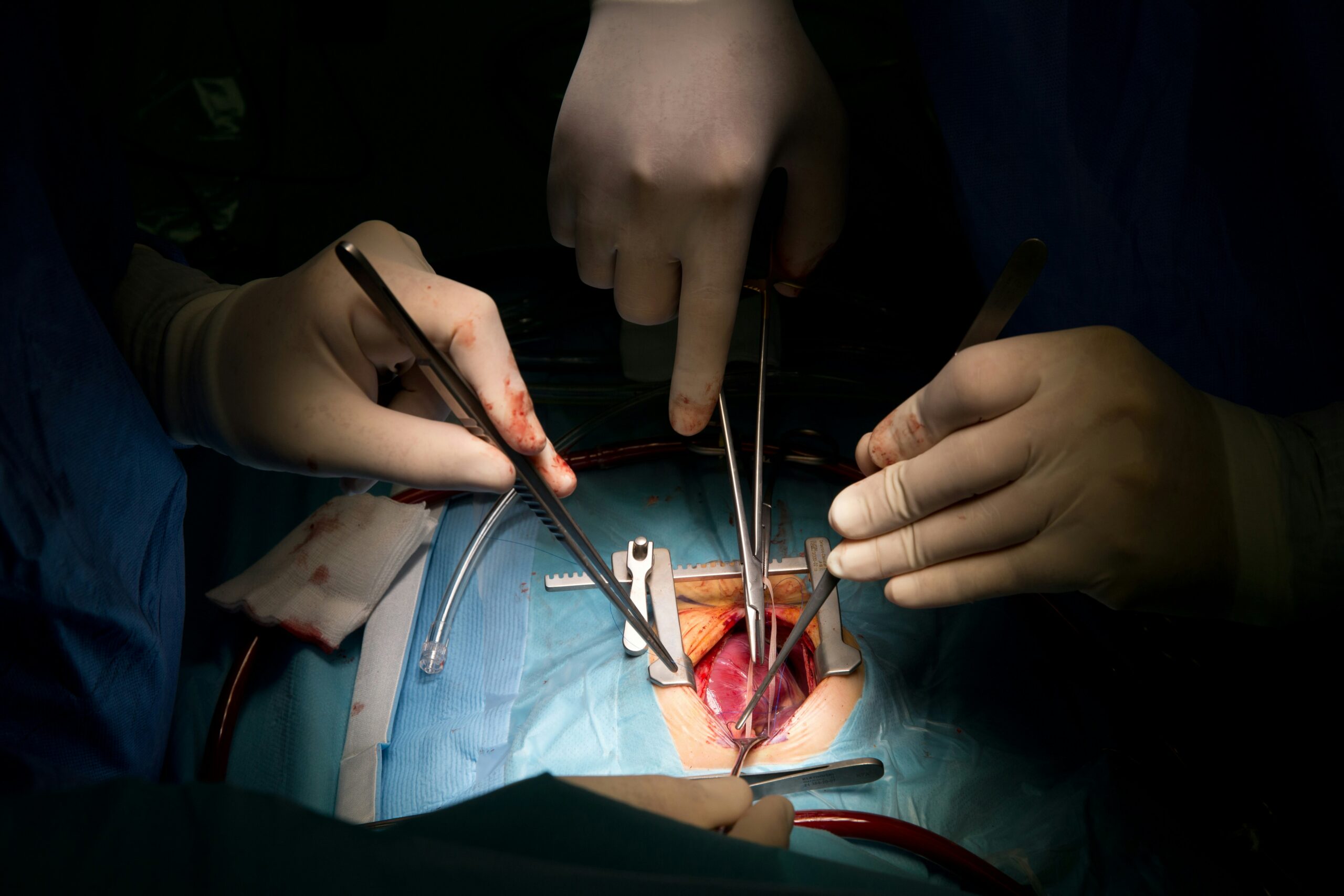
Complex aortic surgery represents one of the most challenging and intricate procedures in the realm of cardiovascular care. In the UK, specialized surgical teams are at the forefront of these life-saving procedures, employing advanced techniques to address aortic diseases, including aneurysms, dissections, and other structural complications. The complexity of these surgeries requires highly skilled surgeons and a coordinated approach involving cutting-edge technology, specialized medical teams, and comprehensive patient care. This article explores the significance of complex aortic surgery in the UK, highlighting its evolution, the techniques employed, and the specialized centers leading the way in this critical healthcare field.
Advancements in Aortic Surgery Techniques
Over the past few decades, significant advancements have been made in the techniques used to perform complex aortic surgeries. The UK has seen remarkable progress in open and endovascular procedures, driven by technological innovations and enhanced surgical expertise. One of the key advancements in recent years is the introduction of minimally invasive techniques, which have proven to be less traumatic for patients and offer quicker recovery times.
Open aortic surgery involves direct access to the aorta through a large incision and has traditionally been the go-to procedure for treating complex aortic conditions. However, with the advent of endovascular procedures, which involve smaller incisions and the use of catheters and stents, patients now benefit from less invasive options. These methods have drastically reduced recovery time, lowered the risk of complications, and improved overall outcomes for many individuals. The UK’s leading cardiac centers are increasingly embracing hybrid approaches combining open and endovascular techniques for tailored treatments that suit each patient’s needs.
The Role of Specialized Aortic Surgery Centers
Specialized centers across the UK are pivotal in driving the development of complex aortic surgery. Institutions such as the Royal Brompton Hospital in London and the John Radcliffe Hospital in Oxford have earned international recognition for their expertise in treating complex aortic conditions. These centers offer cutting-edge surgical procedures and comprehensive multidisciplinary care, including pre-operative assessments, advanced imaging, and post-operative rehabilitation.
A key element of these specialized centers is their emphasis on a collaborative approach. Leading cardiovascular surgeons, anesthetists, radiologists, and intensive care specialists work together to ensure that each patient receives the best possible care. In addition, these centers often participate in clinical trials, pushing the boundaries of research and helping to refine surgical techniques and improve outcomes for patients with complex aortic diseases. The combined expertise found in these specialized centers offers patients access to some of the most advanced care available globally.
The Importance of Early Diagnosis and Screening
Early diagnosis is critical in the successful treatment of aortic diseases. Many conditions that require complex aortic surgery, such as aortic aneurysms and dissections, can progress rapidly and lead to life-threatening complications if left undiagnosed. Early screening significantly improves patient outcomes, particularly for individuals with a family history of aortic conditions or other risk factors.
In the UK, there is an increasing emphasis on preventative care, with the NHS and private healthcare systems investing in screening programs and advanced imaging technologies to detect aortic diseases at their earliest stages. These programs aim to identify individuals at higher risk for aortic conditions, allowing for timely intervention and reducing the need for emergency surgeries. Diagnosing aortic diseases before they progress makes patients more likely to benefit from less invasive treatments, improving survival rates and reducing long-term health complications.
Challenges and Future Outlook
While the UK has made significant strides in complex aortic surgery, several challenges remain. One of the ongoing concerns is ensuring equitable access to high-quality care across the country. While major centers in metropolitan areas offer cutting-edge treatment, there can be discrepancies in care availability for patients in more rural regions. Integrating telemedicine and outreach programs can help bridge this gap by providing consultations and follow-up care for patients outside major cities.
The future of complex aortic surgery in the UK appears promising. With continuous research and innovation in surgical techniques, new technologies such as advanced imaging and robotic surgery, and a growing emphasis on multidisciplinary care, patients can expect improved outcomes and shorter recovery times. Moreover, as the field continues to evolve, a greater emphasis will be placed on personalized treatments that take into account the unique characteristics of each patient’s condition, further enhancing the effectiveness of complex aortic surgeries.
Leading complex aortic surgery in the UK is a testament to the country’s commitment to advancing cardiovascular care. The UK has become a leader in treating complex aortic diseases by combining state-of-the-art technologies, highly skilled medical teams, and specialized centers. As research evolves and new techniques emerge, patients can look forward to even more effective treatments, ensuring that complex aortic surgeries remain at the forefront of life-saving interventions in modern healthcare. With continued investment in early diagnosis, screening, and patient-centered care, the outlook for those affected by aortic conditions is brighter than ever.